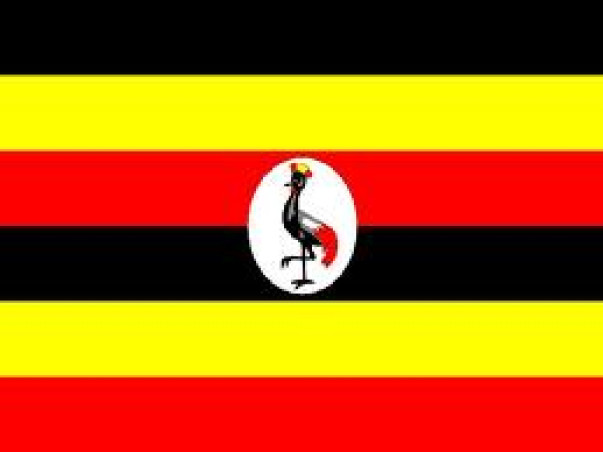Mobile money to boost securities market in Uganda

Ugandans will soon buy government securities through a mobile money platform in a move by the country to become less dependent on commercial banks and institutional investors for its funding.
The government said in a statement on Tuesday that the move, which was approved at a Cabinet meeting on Monday, will boost savings and investment among ordinary Ugandans as well as drive economic growth.
Ugandans with mobile money accounts, many of whom have limited access to banks, will now be able to directly buy government debt.
Mobile money allows subscribers to transfer money and make payments for services and products via their mobile phones and has developed rapidly in Africa, where it is now widely used.
Out of Uganda’s population of 41 million, about 23.6 million are mobile phone subscribers.
MTN Uganda, a unit of South Africa’s MTN Group, is likely to be the main beneficiary of the change among the country’s telecoms operators as it has the largest mobile money customer base, followed by Airtel, a subsidiary of India’s Bharti Airtel.
Uganda has traditionally auctioned its debt — mainly Treasury bills and bonds — via bids submitted through commercial banks that act as primary dealers, so the government expects the mobile money plan will cut borrowing costs.
“Widening the scope of investors reduces the dependence on a few players such as commercial banks, offshore players and institutional investors that tend to bid highly in the auctions, given that the government has limited choice,” the statement said.
Critics are however concerned about Uganda’s appetite for credit, which has seen its public debt reach 41.5 per cent of GDP as of June.
They say that escalating borrowing could spark a crisis like those in the 1990s and early 2000s before debt forgiveness by the World Bank of Uganda’s loans.
The Bank of Uganda, the country’s central bank, said last year that its debt stock including credit agreed but not yet disbursed had reached 50 per cent of GDP.
The move to use mobile money will also open up the market to the diaspora, and follows a similar one implemented by Kenya.
Kenya launched its mobile-based government bond, trading as M-Akiba, in June 2017. It was a three-year bond sold in denominations as small as Ksh3,000 ($30) with a coupon rate of 10 per cent paid semi-annually.
The pilot project involved an offer of Ksh150 million ($1.5 million) that was issued in March 2017 for a period of three weeks.
Although 102,632 people registered on the M-Akiba platform, only 5,692 investors purchased all the available M-Akiba bonds before the pilot was closed.
Based on the success of the pilot phase, the government put on offer a M-Akiba bond worth Ksh1 billion ($10 million).
Over 300,000 people registered on the M-Akiba platform, but only 5,988 purchased M-Akiba bonds during the official launch, totalling Ksh247 million ($2.47 million.)
Mobile phone operator Safaricom’s money payment platform M-Pesa and Airtel were used to enable customers to open accounts, purchase bonds and receive the semi-annual payments.
SOURCE: The EastAfrica /James Anyanzwa / Reuters
 Africas leading resource for digital financial services
Africas leading resource for digital financial services


comments